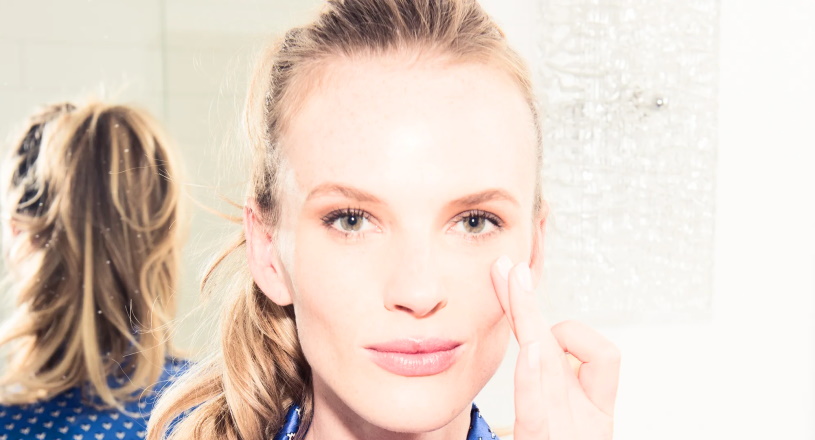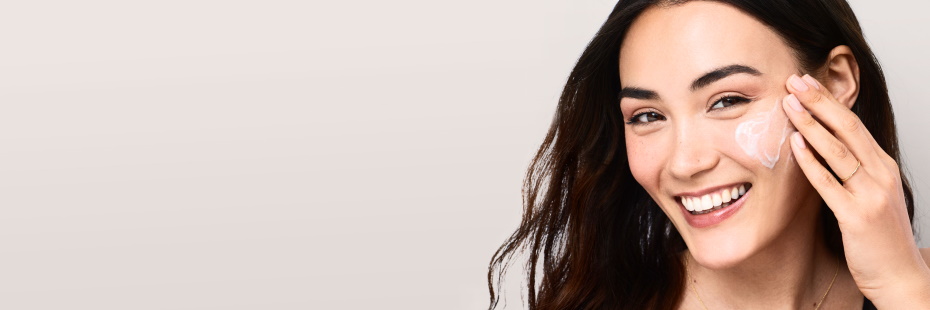
Sebaceous filaments are the white dots you might notice on your nose and cheeks. They’re a buildup of oil, dead skin cells, and bacteria broken down into small enough particles to become visible when magnified. The sebaceous filament is often confused with acne due to their similar appearance, but they’re not harmful in any way. Sebaceous filaments can be treated by a professional dermatologist or at home using over-the-counter products from your local pharmacy or drug store. In this article, we’ll discuss how sebaceous filaments form, why they occur more frequently in some people than others, and what treatments are available for those who want to get rid of them.
How to get rid of sebaceous filaments?
Sebaceous filaments are the black/white dots you see on your nose and cheeks. They’re a buildup of oil, dead skin cells, and bacteria. The problem with sebaceous filaments is that they can turn into acne if left untreated or go unnoticed for too long. In addition, sebaceous filaments become more noticeable as we age because our oil glands produce more oil as we get older to compensate for drier skin. Follow these steps below to remove them from your face at home.

Sebaceous filaments are commonly referred to as blackheads, and they can be quite a nuisance. While it’s easy to treat these with over-the-counter products, you might find that the problem keeps coming back even if you’re consistent with your skincare routine. Luckily, there is a natural remedy for this kind of issue! To get rid of sebaceous filaments for good, try using apple cider vinegar as a toner on your face after cleansing. Apple cider vinegar has been known to help remove dead skin cells from the skin’s surface, making it easier for other creams and treatments to penetrate pores where sebaceous filaments hang out.

Sebaceous filaments treatments
Since the time you’ve been a teenager, your skin has changed. This is because of sebaceous filaments, which are tiny glands that produce an oily substance called sebum. The oil helps keep your skin moisturized and protect it from bacteria and germs, but sometimes there can be too much of this production, causing breakouts or blackheads. Sebaceous filaments treatments help with these issues by removing accumulated dead skin cells that block pores and hair follicles.
Sebaceous filaments are a common problem, but it is often hard to get rid of them. The sebaceous glands produce a substance called sebum which moisturizes the skin and hair. If you develop an overproduction of sebum, your pores can become blocked with this oil and dead skin cells that can lead to blackheads or whiteheads (basically just pimples). Sebaceous filaments look like tiny dark hairs coming out from your pores, and they can be pretty noticeable when you wear makeup. Luckily, there are some things you can do at home to help get rid of these pesky little suckers.

